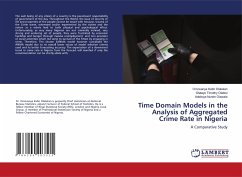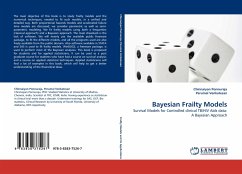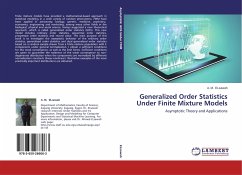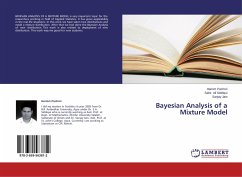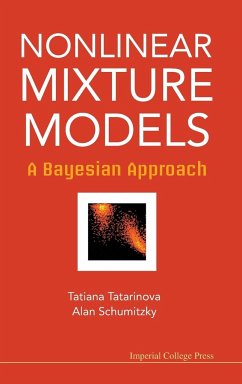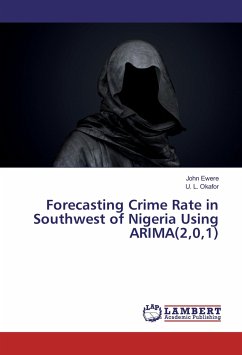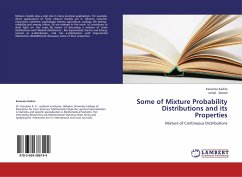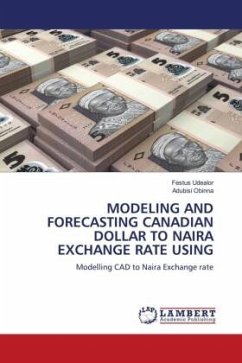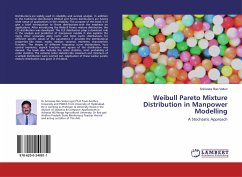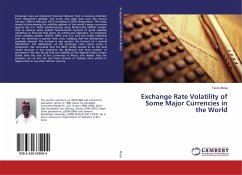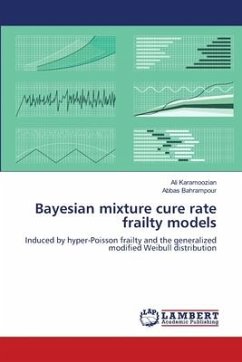
Bayesian mixture cure rate frailty models
Induced by hyper-Poisson frailty and the generalized modified Weibull distribution
Versandkostenfrei!
Versandfertig in 6-10 Tagen
53,99 €
inkl. MwSt.

PAYBACK Punkte
27 °P sammeln!
Mixture cure rate models are commonly used to analyze data with long-term survivors. On the other hand, frailty models lead to accurate estimation of coefficients by controlling the heterogeneity in survival data. Usually, the gamma distribution is used in the frailty models. However, for survival data that are suitable for populations with a cure rate, it may be better to use a discrete distribution for the frailty random variable than a continuous distribution. Therefore, we proposed two models in this book. In the first model, gamma as the distribution is used, and in the second model, hype...
Mixture cure rate models are commonly used to analyze data with long-term survivors. On the other hand, frailty models lead to accurate estimation of coefficients by controlling the heterogeneity in survival data. Usually, the gamma distribution is used in the frailty models. However, for survival data that are suitable for populations with a cure rate, it may be better to use a discrete distribution for the frailty random variable than a continuous distribution. Therefore, we proposed two models in this book. In the first model, gamma as the distribution is used, and in the second model, hyper-Poisson distribution is applied for the frailty random variable. Also, Bayesian inference with Weibull distribution and generalized modified Weibull distribution as the baseline distribution were used in the two proposed models, respectively. In this book, we used data of patients with gastric cancer to show the application of these models in real data analysis. The parameters and regression coefficients were estimated using the Metropolis within Gibbs sampling algorithm. A simulation study was also used to evaluate the performance of the Bayesian estimates to confirm the proposed models.



